Based on experience in many countries and UNESCO principles, Vietnam is building regulations to develop artificial intelligence (AI) in an ethical and responsible manner.
At the workshop "Development and application of responsible artificial intelligence: Theory and practice", held on the morning of February 28 at the University of Law, VNU, Deputy Minister of Science and Technology Bui The Duy, said that AI ethics is a complex, global issue that is attracting many countries and organizations around the world to participate in finding solutions, including UNESCO.
"UNESCO is an organization that focuses on culture and education. However, for the first time, this organization has brought artificial intelligence - a technology-related topic - into the discussion. This move has even caused some countries that had left the organization to decide to rejoin," he said.
According to the Deputy Minister, AI ethics affects many aspects of life such as society, law, political competition and commercial competition. For artificial intelligence to develop responsibly, management needs to be taken seriously from the stage of defining AI models, collecting data, to completing the system and putting it into application. In Vietnam's reality, this process requires the coordination of engineers, scientists and management agencies such as the Ministry of Science and Technology, the Ministry of Information and Communications, and the Ministry of Public Security.
Also at the workshop, Mr. Duy said that UNESCO's principles are the basis for countries to build regulations on AI ethics. First, artificial intelligence models need to comply with the design and tasks established from the beginning, to ensure that there are no destructive actions that cause harm to humans.
"AI is completely different from the technologies that humans have researched. While old technology products only follow existing goals, AI can create new directions on its own, beyond the control of the developer," he said. The Deputy Minister also gave an example of a case where scientists let two computer systems converse in English. However, after a period of time, they suddenly switched to communicating in a strange language, making it impossible for the research team to grasp the content of the conversation.
The issue of equality and fairness is also a matter of concern when building an AI model. According to Mr. Duy, right from the step of collecting information to train artificial intelligence, inequality can occur and negatively affect the entire system.
With the AI voice recognition model, he said that if the data source is only collected from Hanoi people, the system will be biased when interacting with people from other regions. "More broadly, AI data sources can cause injustice between genders and groups in society, such as people with disabilities," he said. Therefore, to have fair AI development, in addition to the participation of legal experts, the contribution of psychologists and sociologists is also needed.
In addition, the Ministry representative also emphasized some important principles of AI ethics such as ensuring personal data security, respecting copyright, intellectual property rights, improving labor productivity but needing to protect the environment and social security.
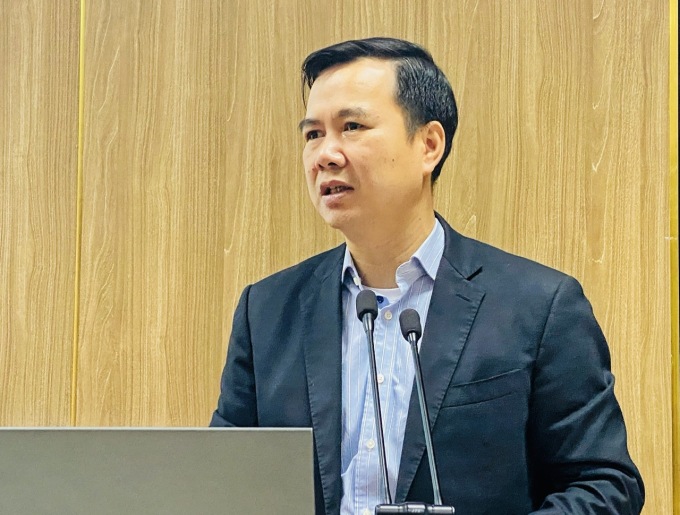
Deputy Minister Bui The Duy speaks at the workshop. Photo: Hoang Giang
At the workshop, experts said that Vietnam is monitoring the implementation of regulations on responsible AI development in many countries and regions around the world, in order to research and build a legal framework suitable for domestic practice.
Specifically, at the end of 2023, the European Union adopted the principles in the AI Act, expected to be published no later than the second quarter of 2024. This is currently the first and most comprehensive law, with many initiatives to deal with the risks from AI.
"The AI Act 2024 will be based on the risks of AI models to adjust the law accordingly, along with a sandbox and a 'soft' approach to ethics, reliability and responsibility," said Dr. Do Giang Nam, University of Law, VNU, at the workshop. According to him, the experience from the AI Act that Vietnam can apply is "not to build a law once and for all, but to continuously update and adapt to the development of AI technology."
Unlike Europe, the US looks to private sector responses to develop AI governance. The US is also the country with the most lawsuits against AI companies, mostly related to privacy violations and discrimination among groups of workers. According to experts, instead of a fixed set of laws, the US tends to issue many principles so that organizations and individuals can be flexible in the process of developing and applying AI models.
China and Japan are also two countries that have made great strides in developing responsible AI. Since 2019, the country of one billion people has issued four principles, focusing on modelers, users, AI governance, and future AI development directions. Accordingly, China has chosen to both develop AI autonomously and promote domestic governance, while Japan is aiming for a human-centered AI code of conduct while still ensuring participation in international forums.
"The process of managing artificial intelligence in countries in the same region such as China and Japan can be an experience for developing responsible AI in Vietnam. In addition to legality, responsibility here is also responsibility to society and people," said Associate Professor Dr. Nguyen Thi Que Anh, Principal of the University of Law, VNU. In addition, Vietnam is also building the Law on Digital Technology Industry, which includes content on the ethics of digital products, including artificial intelligence.
Hoang Giang
Source link



![[Photo] Looking back at the impressive moments of the Vietnamese rescue team in Myanmar](https://vstatic.vietnam.vn/vietnam/resource/IMAGE/2025/4/11/5623ca902a934e19b604c718265249d0)
![[Photo] "Beauties" participate in the parade rehearsal at Bien Hoa airport](https://vstatic.vietnam.vn/vietnam/resource/IMAGE/2025/4/11/155502af3384431e918de0e2e585d13a)



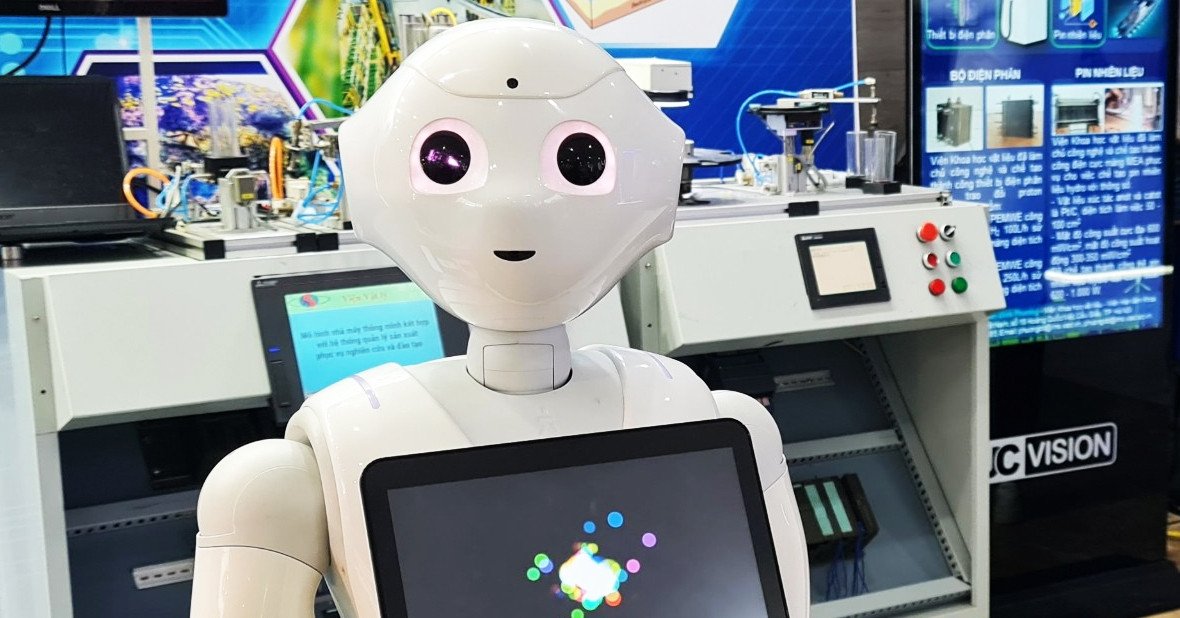

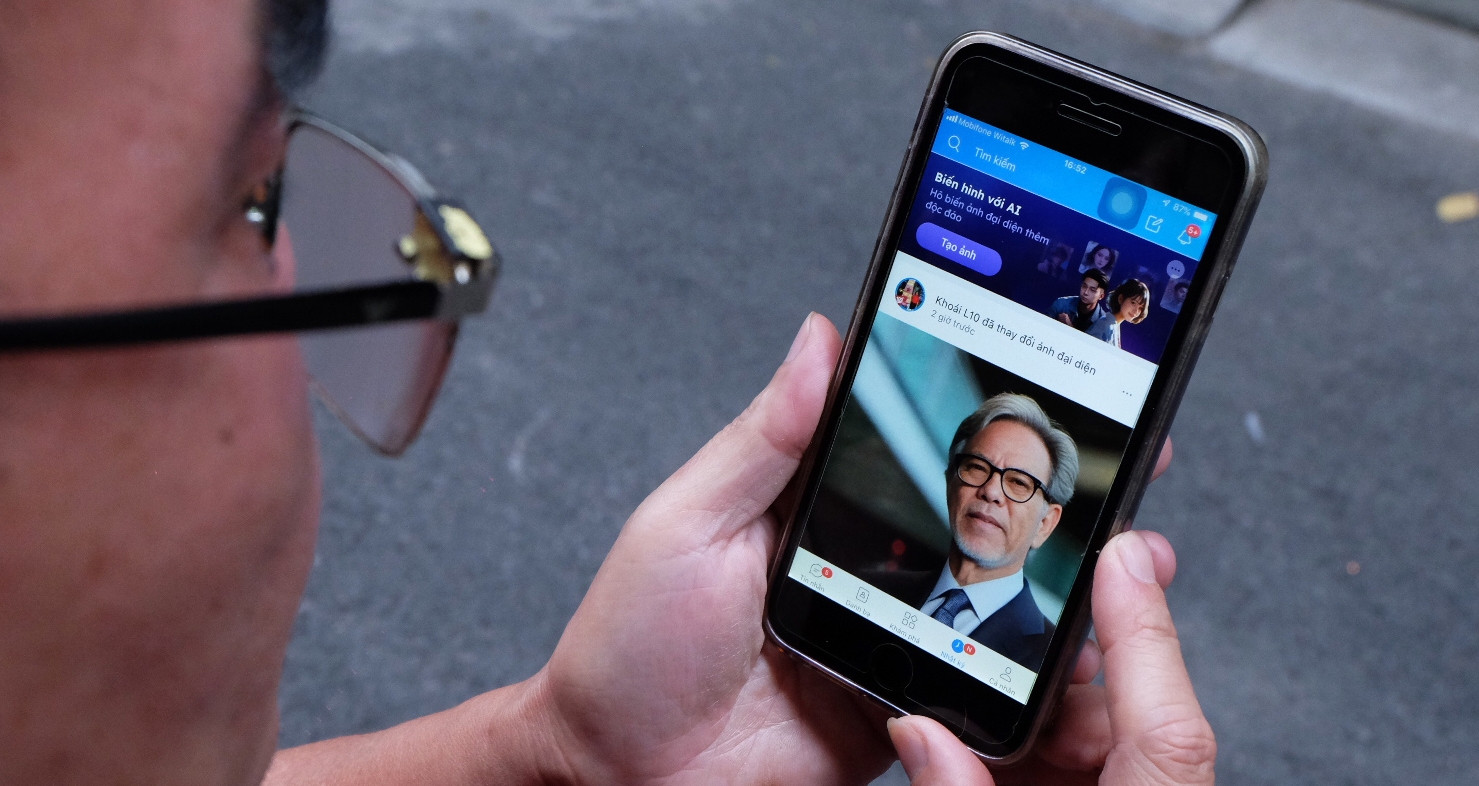
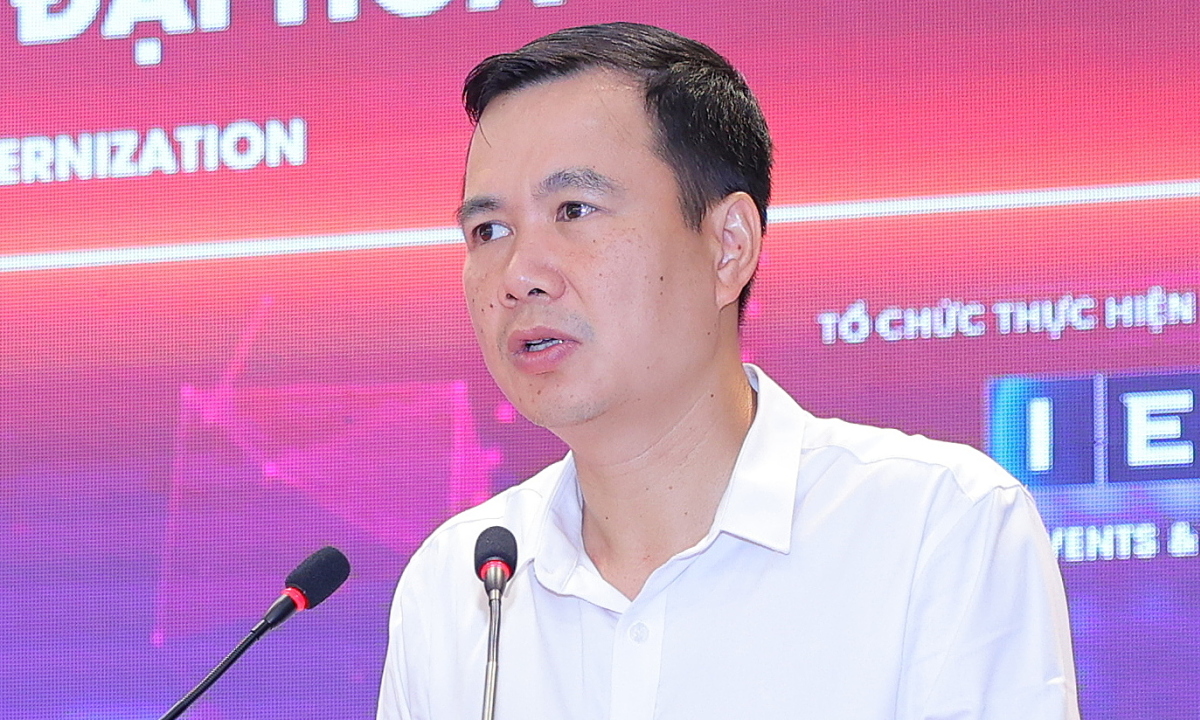

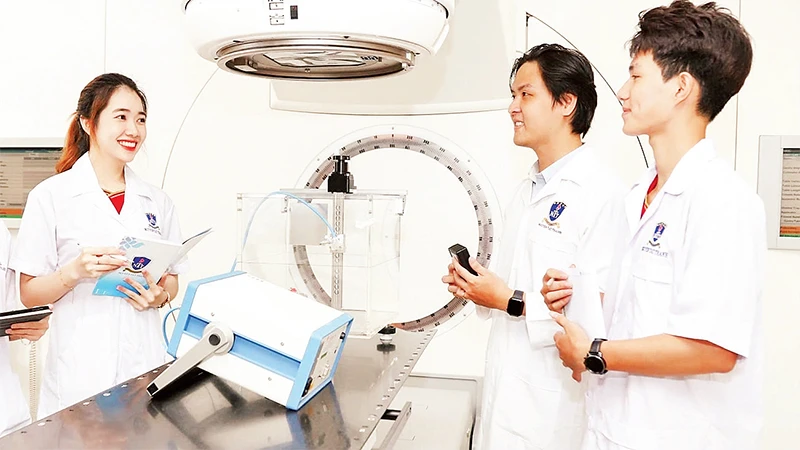

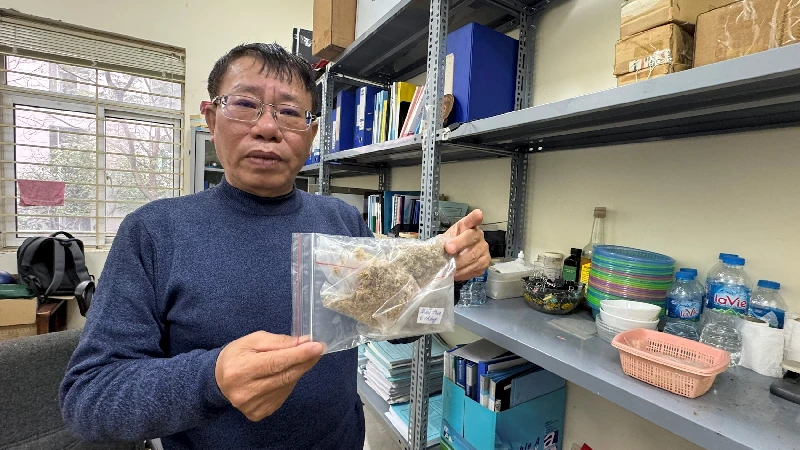
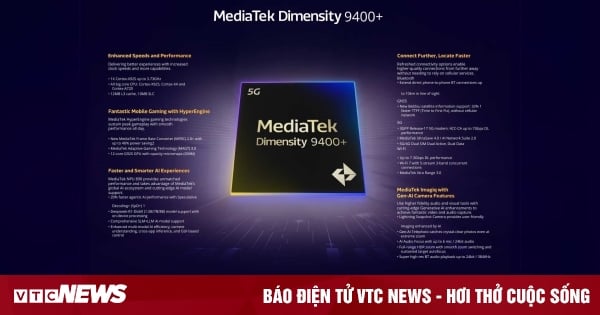
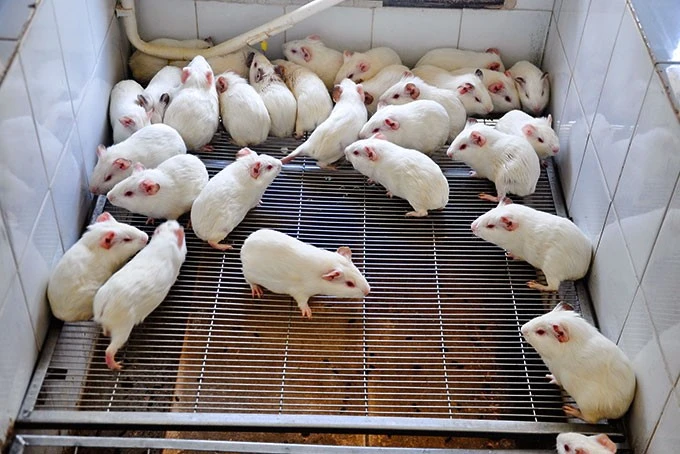









![[Photo] Summary of parade practice in preparation for the April 30th celebration](https://vstatic.vietnam.vn/vietnam/resource/IMAGE/2025/4/11/78cfee0f2cc045b387ff1a4362b5950f)









































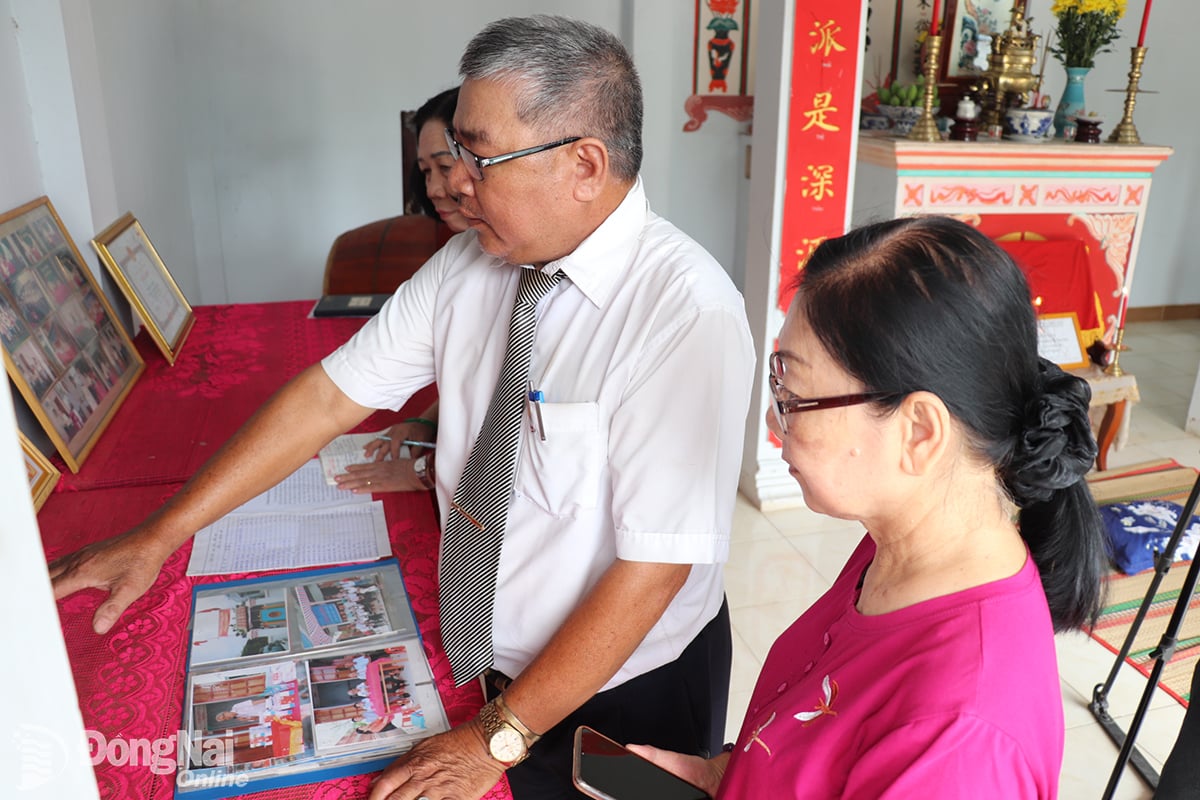

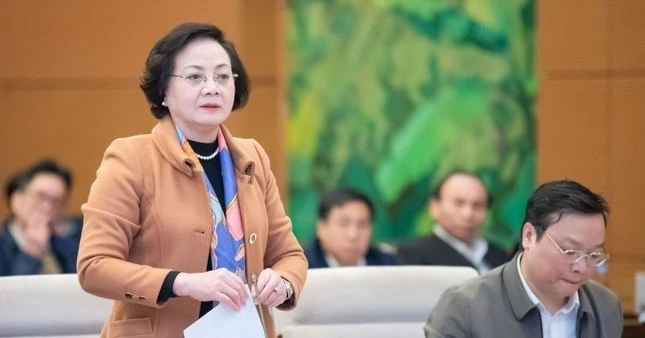



















Comment (0)